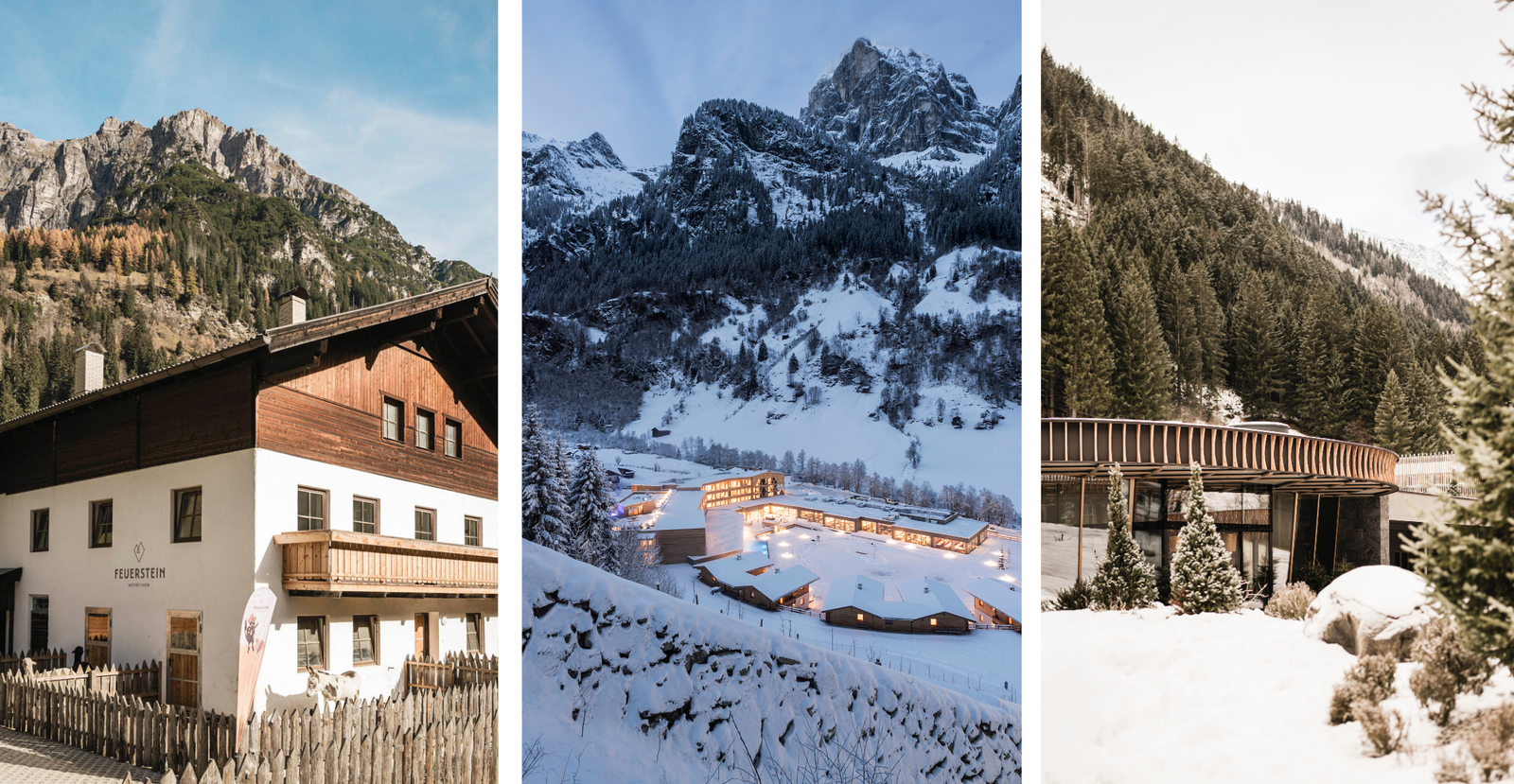Hosting the Olympic games can be beneficial to a country in more ways than one – boosting tourism, economies, culture, tradition, community, as well as global recognition – when handled well. However, for the past couple of decades, many countries have pulled out of hosting the Olympics due to heightened costs. The first modern Olympic games took place in Athens, Greece in April 1896, where the original and ancient games took place from the 8th century BC to the 4th century AD. French aristocrat Pierre de Coubertin organised by the International Olympic Committee (IOC) in 1894 which remains the governing body for the Olympic Movement to date.
Paris 2024 Olympics
The Olympics are back in Paris after a century this summer. Taking place from July 26 to August 11, 2024, it is being touted as the largest event ever organized in France with millions of spectators in attendance. The games will be played in a total of 35 venues in and around Paris.
On 13 September 2017 at the IOC Session in Lima, the Olympic Games 2024 bid was awarded to Paris. This will be the third time for the French capital to host the prestigious event which was previously held in 1900 and 1924. The city is also the second in line to host three Olympiads other than London, which did so in the years 1908, 1948, and 2012.
Although most of the 329 events will be played across the city and its metropolitan area, a few others like the surfing competition will be hosted hundreds of kilometres away from Paris. For the bidding, the city put sustainability at the center in line with the Olympic Agenda 2020. Paris has been keenly working and progressing towards greener games, aligning with the Paris Agreement aka the Paris Accord to reduce greenhouse gas emissions.
Paris Accord
An international treaty on climate change, the Paris Agreement was signed in the year 2016 and covers climate change mitigation, adaptation, as well as finance. This treaty was negotiated by a total of 196 parties at the 2015 United Nations Climate Change Conference (UNFCCC) in Paris.
Aiming for a sustainable low carbon future, the Paris Agreement was a landmark deal for a global climate effort with a promise to assist developing countries in doing the same.
Olympic Village
The 2024 Paris Olympic Village aka the Athletes’ Village is a 126-acre site built in the northern part of Paris. Dubbed as the “largest single-site construction project in France”, its construction began in November 2019 and costs a whopping $1.85 billion.
The Olympic Village which contains 82 buildings will house some 15,000 and 8,000 athletes competing in the Olympics and the Paralympics, respectively. After the event is concluded, the sprawling complex will get a fresh lease of life.
The Village runs on 100 percent renewable energy. To promote sustainability, the buildings have been built using low-carbon concrete and wood, with recycled materials which also reduces the carbon footprint. Calling it “historic for the climate,” Paris has gone long and far in terms of planning with recycled venues, planting trees, bicycles for transportation, 100% recyclable bedding, doubling vegetarian meals, and much more. A commendable effort.
This carbon-neutral and environment-friendly Olympics is Paris’ action plan for the whole world to participate in – a unique and much-needed approach in terms of sustainability and climate change. Although the Olympics always tend to put the climate at risk, Paris is trying to change the course. The sporting event is just one bigger picture but overall, the country is trying to take this opportunity to make amends and promote sustainability and climate change.
With France stepping up, can this year’s historic games open a new path towards the future of greener games? Only time will tell.





